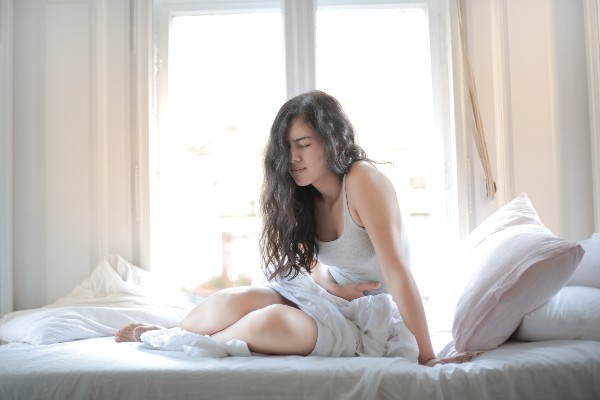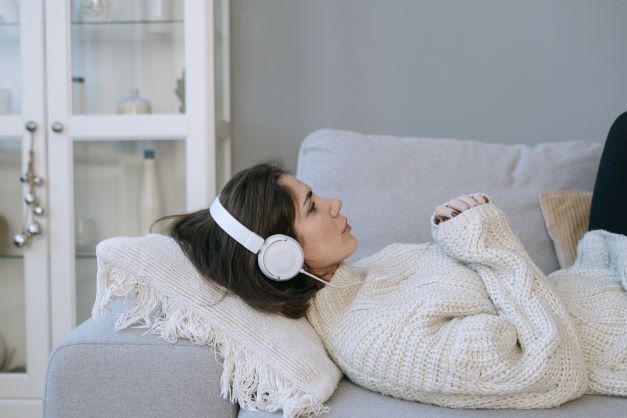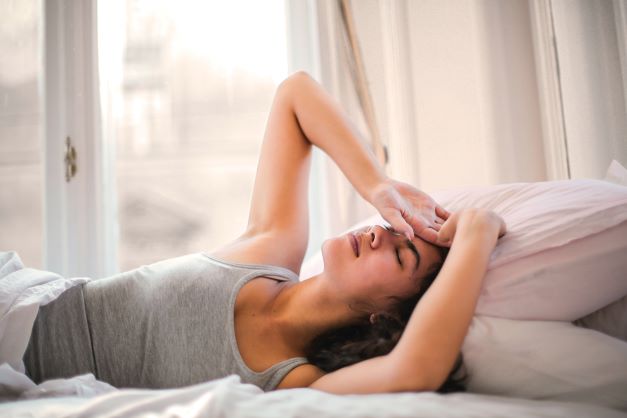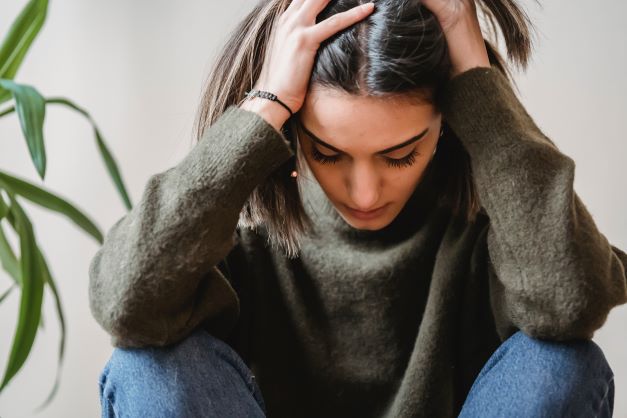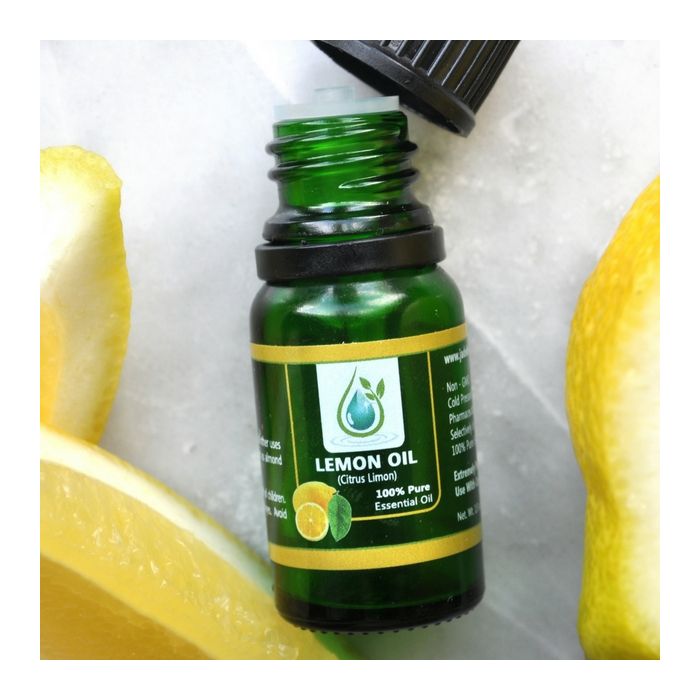
Lemon essential oil is an absolute must-have if you’re just getting started with essential oils. It’s also a very budget-friendly purchase. No matter what brand of oils you prefer, lemon is one of the cheapest around.
Health Benefits of Lemon Essential Oil
Lemon essential oil is derived from the lemon (Citrus limon) fruit and contains compounds like limonene, citral, and alpha-pinene. These compounds give lemon essential oil its characteristic citrusy smell and offer potential health benefits like:
- Immune system support: The citrus scent of lemon oil can help clear congestion and sinus infections, and it can also help your body fight off colds and flu.
- Aiding in digestion: Diffusing lemon essential oil in the air may help relieve digestive discomfort.
- Reducing inflammation: Topical application of lemon essential oil diluted in a carrier oil like jojoba or coconut oil may help reduce inflammation and swelling.
- Improving the appearance of your skin: Lemon oil can be used topically to improve the appearance of your skin. The vitamin C in lemon oil can help brighten the skin, while the antiseptic properties can help clear up acne and other skin conditions. To use lemon oil on your skin, mix a few drops with a carrier oil like jojoba or almond oil and apply it to cleansed skin.
- Relieving stress: Lemon oil can also help relieve stress and anxiety. The refreshing scent of lemon helps to clear the mind and promote feelings of relaxation. Diffuse lemon oil in your home or office, or add a few drops to your bathtub for a relaxing soak. You can also apply diluted lemon oil to pulse points like your wrists and temples.
Consult with your healthcare provider before using essential oils if you have any underlying medical conditions or are pregnant or breastfeeding.
How to Use Lemon Essential Oil to Make a Mood-Boosting Roller Bottle
When using lemon essential oil topically, be sure to dilute it with a carrier oil like jojoba or coconut oil to avoid skin irritation. If you’re new to using essential oils, start with a low dilution (1-2% for adults) and gradually increase as needed.
Fill a 10 ml roller bottle with 2 drops lemon, 2 drops grapefruit, 3 drops bergamot, and 3 drops wild orange. Fill the rest of the bottle with fractionated coconut oil, sweet almond oil, or the carrier oil of your choice. Shake to mix, then apply to pulse points behind ears and on wrists.
How to Use Lemon Essential Oil to Make a Citrus All-Purpose Cleaner
Lemon essential oil is a natural disinfectant. This means that it can kill harmful bacteria and fungi, making it an ideal ingredient for DIY natural cleaning products. When used in combination with other disinfecting oils, lemon essential oil can be an effective way to clean surfaces and prevent the spread of illness-causing germ.
To make a citrus all-purpose cleaner, add 1 1⁄2 cups water, 1 cup white vinegar, 15 drops lemon, and 15 drops grapefruit essential oil to an empty spray bottle. Shake well, then use to clean surfaces around your home.
